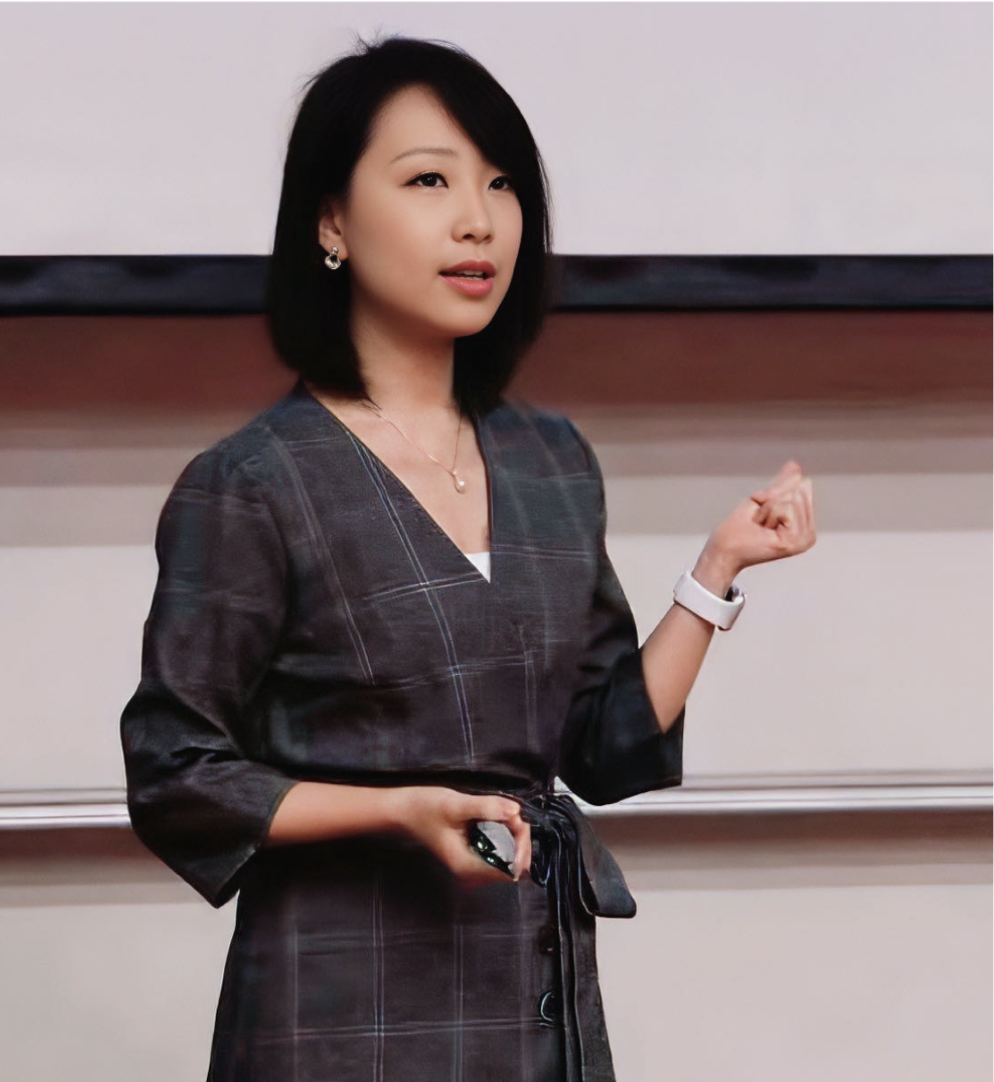For our next event, we will be joined from Sihan Zhou, all the way from the Chinese University of Hong Kong. Pleaes find full details of the event below.
Time: Wednesday 17th May 6PM
Location: Room 642, UCL IoE, 20 Bedford Way.
Speaker: Dr Sihan Zhou is an Assistant Professor of Curriculum and Instruction at the Faculty of Education, the Chinese University of Hong Kong. She is also a member of the English medium instruction (EMI) Oxford Research Group. Her research focuses on listening, self-regulation, and language support in EMI higher education. Her most recent publications appear in journals such as Language Teaching, System, Applied Linguistics Review, ELT Journal, and RELC.

Brief summary:
There have been numerous calls for EMI and TESOL scholars to come into dialogue with one another to discuss language support in EMI programs. Therefore, the purpose of this talk is to bring findings from a longitudinal study on EMI lecture listening challenges and strategies to the London TESOL Research Forum in hopes of generating fruitful discussion. The study that will be used to stimulate the discussion is introduced below.
Abstract:
Many English medium instruction (EMI) university programs lack clear language admission thresholds, resulting in marked heterogeneity in student English proficiency upon entry. These students may face diverse challenges in their initial experiences listening to EMI academic lectures, adopt different strategies to cope, and undergo varying trajectories in listening over time. To unpack such complexities in students’ lecture listening experience, this study adopts a longitudinal mixed-methods design. It reports on questionnaire responses from 412 freshman and semi-structured interviews with a sub-group of 34 students at the beginning, halfway, and end of their first semester studying at an EMI university in China. Students of varying English listening proficiencies were divided into high, medium, and low-proficiency cohorts based on their placement test scores, and their respective trajectories of self-regulated listening were compared. Findings from the study offer important pedagogical implications for nurturing strategic self-regulated listeners and designing appropriate language support mechanisms to facilitate successful student transitions into EMI study.